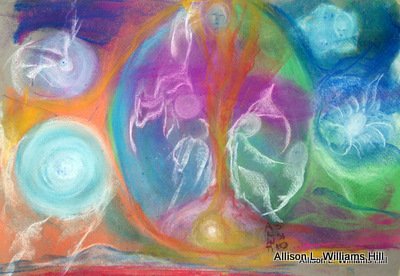Senses

he primary means by which we interact with the world around us is through our senses. Here are some interesting facts about these five sensory abilities.

Hearing; Visual, and Gustatory Senses
53. After eating too much, your hearing is less sharp. If you’re heading to a concert or a musical after a big meal you may be doing yourself a disservice. Try eating a smaller meal if you need to keep your hearing pitch perfect.

54. About one third of the human race has 20-20 vision. Glasses and contact wearers are hardly alone in a world where two thirds of the population have less than perfect vision. The amount of people with perfect vision decreases further as they age.
55. If saliva cannot dissolve something, you cannot taste it. In order for foods, or anything else, to have a taste, chemicals from the substance must be dissolved by saliva. If you don’t believe it, try drying off your tongue before tasting something.

Partnership by Allison L. Williams Hill
Sense of Smell: Women Rule!
56. Women are born with a better sense of smell than men and remain better smellers over life. Studies have shown that women are more able to correctly pinpoint just what a smell is. Women were better able to identify citrus, vanilla, cinnamon and coffee smells. While women are overall better smellers, there is an unfortunate 2% of the population with no sense of smell at all.
57. Your nose can remember 50,000 different scents. While a bloodhound’s nose may be a million times more sensitive than a human’s, that doesn’t mean that the human sense of smell is useless. Humans can identify a wide variety of scents and many are strongly tied to memories.

58. Even small noises cause the pupils of the eyes to dilate. It is believed that this is why surgeons, watchmakers and others who perform delicate manual operations are so bothered by uninvited noise. The sound causes their pupils to change focus and blur their vision, making it harder to do their job well.
59. Everyone has a unique smell, except for identical twins. Newborns are able to recognize the smell of their mothers and many of us can pinpoint the smell of our significant others and those we are close to. Part of that smell is determined by genetics, but it’s also largely do to environment, diet and personal hygiene products that create a unique chemistry for each person.
Links














